The Rainforest Alliance's Work in Peru
Peru: Where indigenous knowledge, climate science, and global markets meet.
Home / Regions / South America / Page 7
Spanning nine South American countries and 7 million sq km (2.7 million square miles), the Amazon is the world’s largest forest and is home to more than 120 indigenous groups and one in 10 known species. One-fifth of all freshwater on the planet originates in the Amazon Basin. Unparalleled in its biodiversity, the Amazon is also critical to global climate stability.
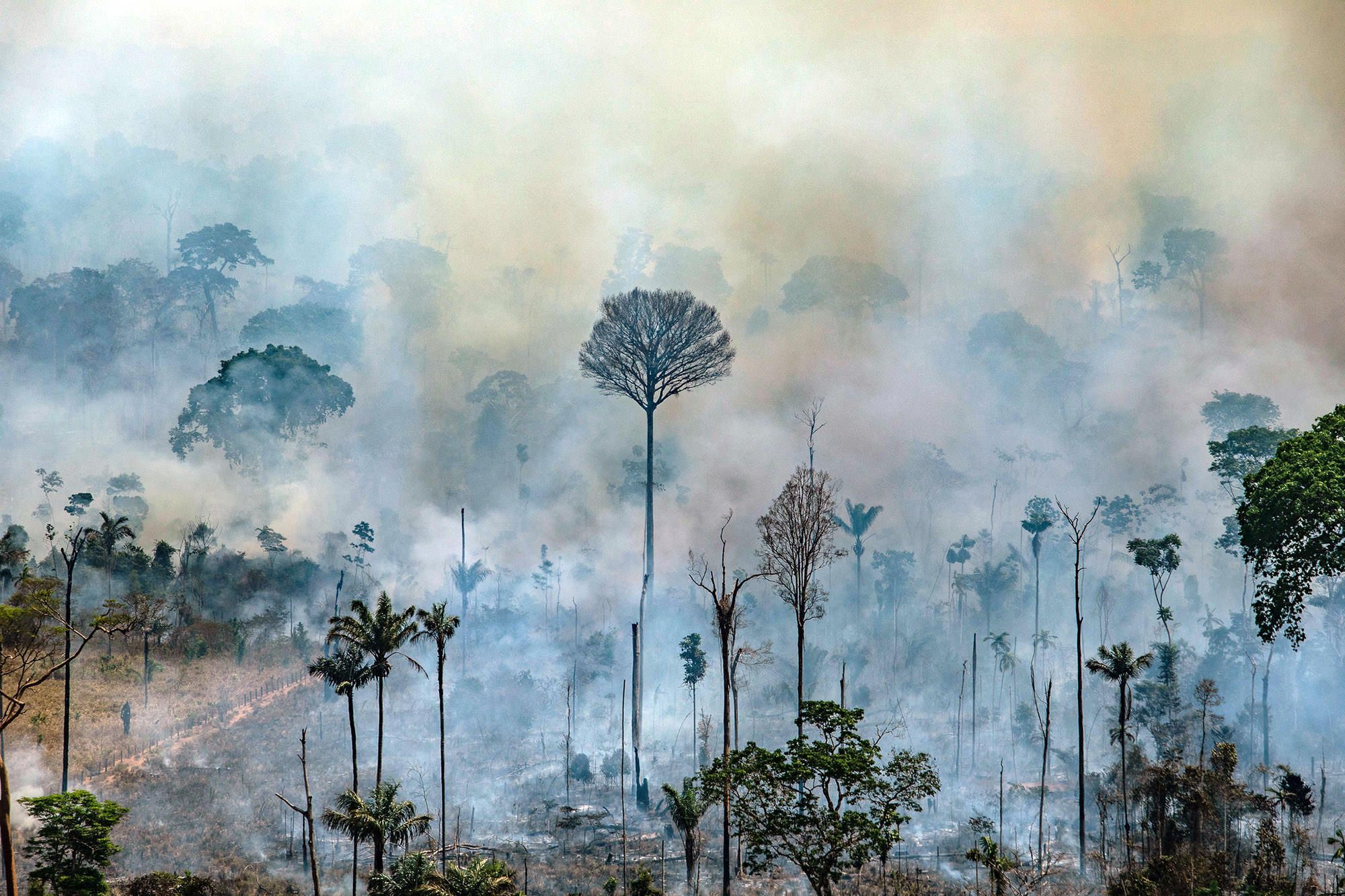
Humans have razed some 20 percent of the Amazon rainforest over the last 40 years alone, and an additional 20 percent is at risk of being destroyed—a potentially catastrophic loss that would cause this vital ecosystem to unravel. Read our response to the forest fire crisis in the Amazon.
The most important impact of our work in high-risk regions of the Amazon—self-determination—is not quantifiable. However, we continually gauge the success of our approach by measuring both ecosystem health and the economic and social well-being of our partner communities.
![]()
in Brazil nuts exported from Madre de Dios, Peru
After working with the Rainforest Alliance for four years, communities in the Madre de Dios region of the Peruvian Amazon exported more than 4,000 metric tons of shelled Brazil nuts, representing a value of nearly US $31 million. Read the study
![]()
under sustainable management in South America
We’re working with forest communities, farmers, governments, and companies to conserve the Amazon Basin and protect its precious biodiversity. Together with our partners, we’ve brought 18 million acres (7.3 million hectares) under sustainable management.
This number includes Rainforest Alliance Certified agricultural land and FSC certified forest land, including land certified by our Brazilian partner, Imaflora. Data accurate as of March 21, 2018.
Stopping deforestation in the Amazon requires bold, multi-faceted strategies that center indigenous forest communities and support their self-determination. This approach characterizes our work in the Amazon, where we work with a wide range of communities and partners to cultivate a sustainable forest economy.
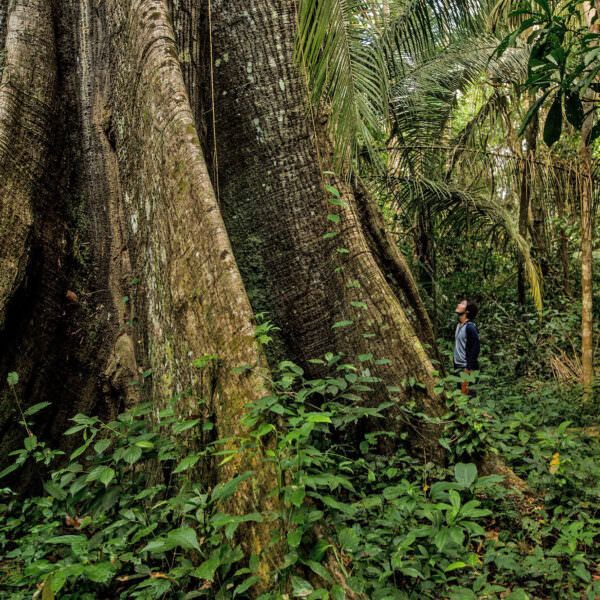
Peru: Where indigenous knowledge, climate science, and global markets meet.
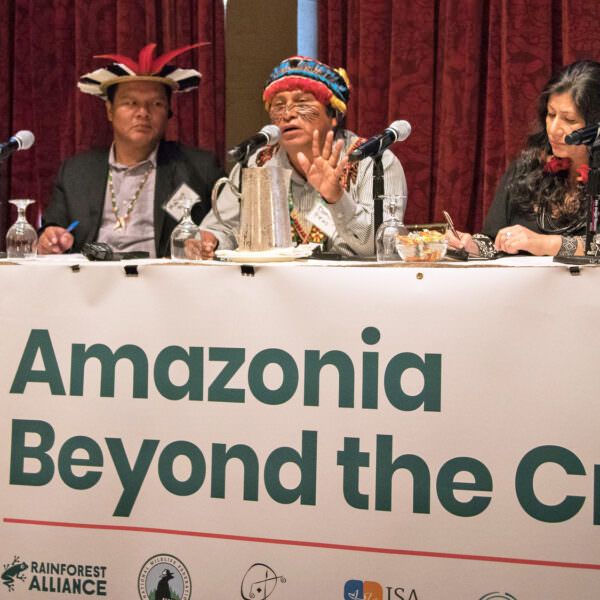
Together with our allies, we have drafted a call to action to save the world’s largest and most important rainforest.
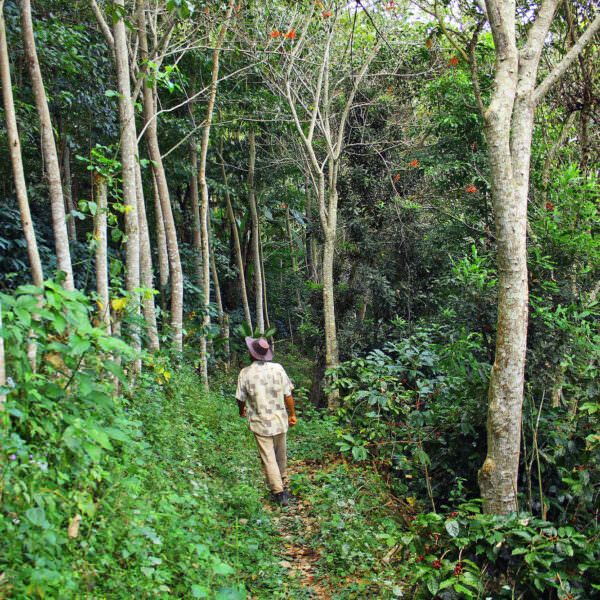
A family transformed their coffee farm into a resilient landscape—and improved their income.

Presidents Donald Trump and Jair Bolsonaro have forged a nationalist alliance based on the idea that climate change is a hoax.

There is a clear path forward to saving the Amazon-one that includes governments, companies, civil society, scientists, indigenous people and consumers with the support of the international community.

Hundreds of Colombia’s small coffee growers have stopped cultivating the bean in the face of low prices and reduced harvests linked to a shifting climate.

This evaluation study, conducted by the Wageningen Economic Research and commissioned by the Rainforest Alliance, compared certified banana farms to similar non-certified farms in the region of Magdalena, one of Colombia’s main banana producing regions. The research found that wages and working conditions on certified farms are slightly better, that certified farms take more safety […]
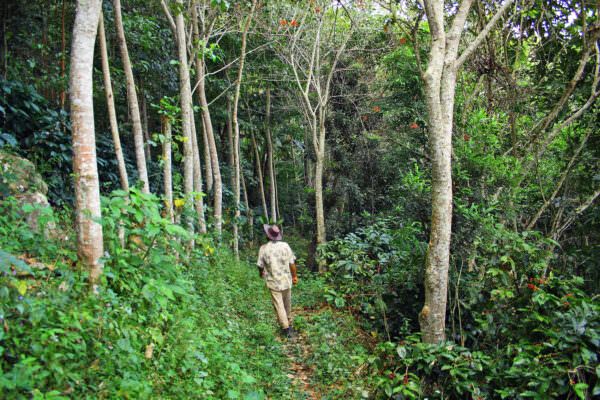
A family transformed their coffee farm into a resilient landscape—and improved their income.... Continue Reading

The purpose of this study is to support tourism companies in Peru and Ecuador, especially those with a focus on sustainable tourism, on how to access the European market. While the content of the study is geared towards the conditions in Peru and Ecuador, readers from other Latin American countries may also find the information […]